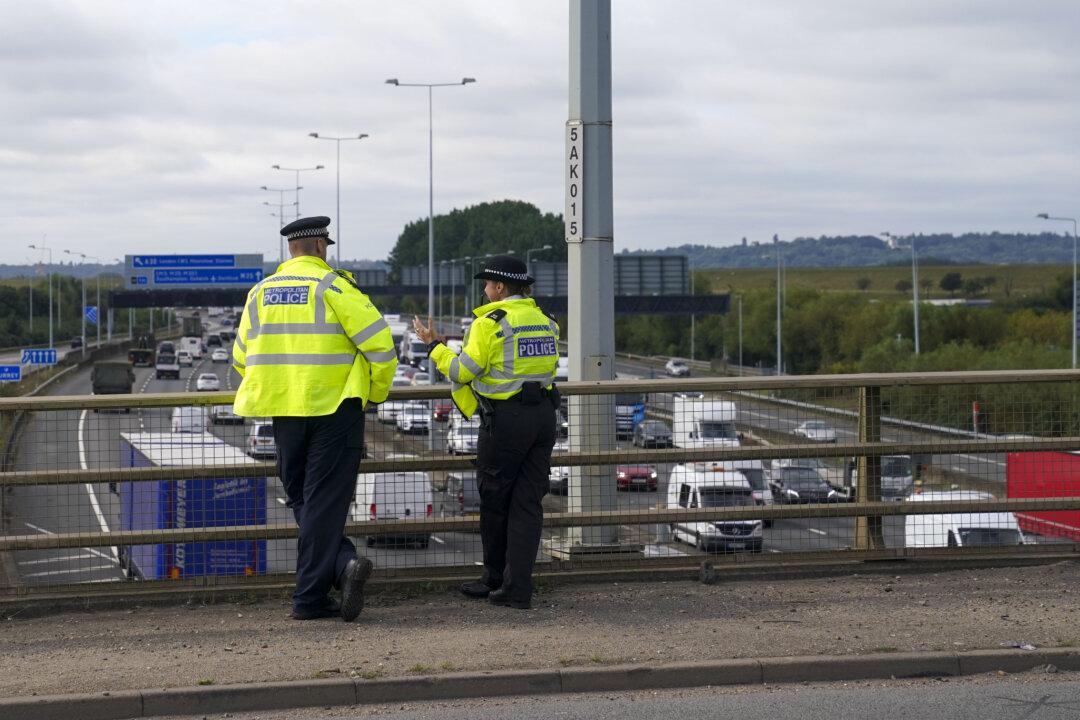The president of the AA has urged motorists not to be over-reliant on sat-navs after it emerged the number of reports of vehicles being driven the wrong way on England’s motorways has jumped by 13 percent in the last year.
A request under the Freedom of Information Act by the PA news agency found National Highways had recorded 872 incidents of “oncoming vehicles” on England’s motorways in the 12 months prior to June 19, 2023.That figure was up from 770 in the previous year, and represents an average of 16 incidents every week.





